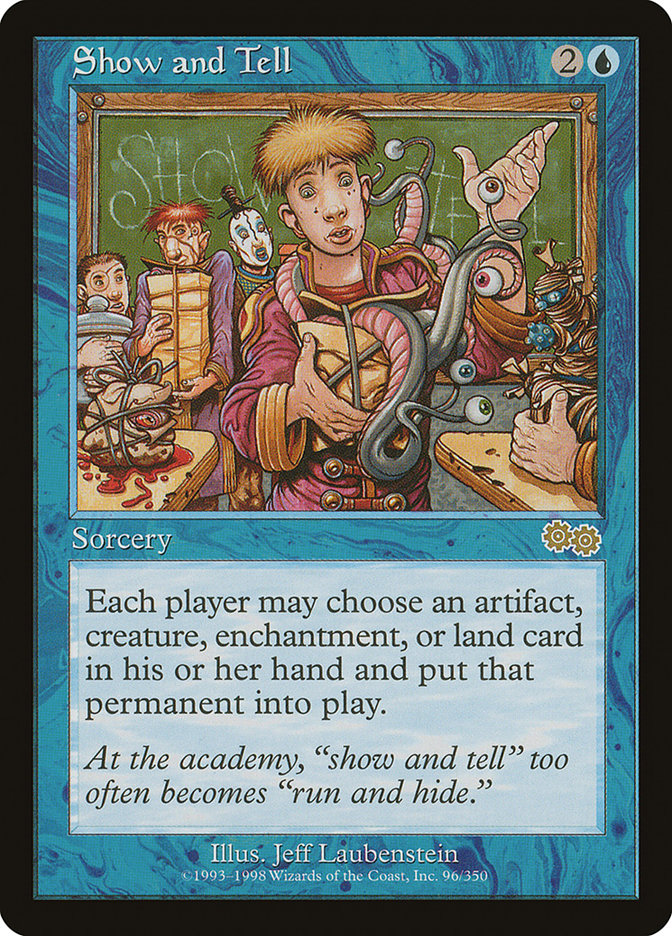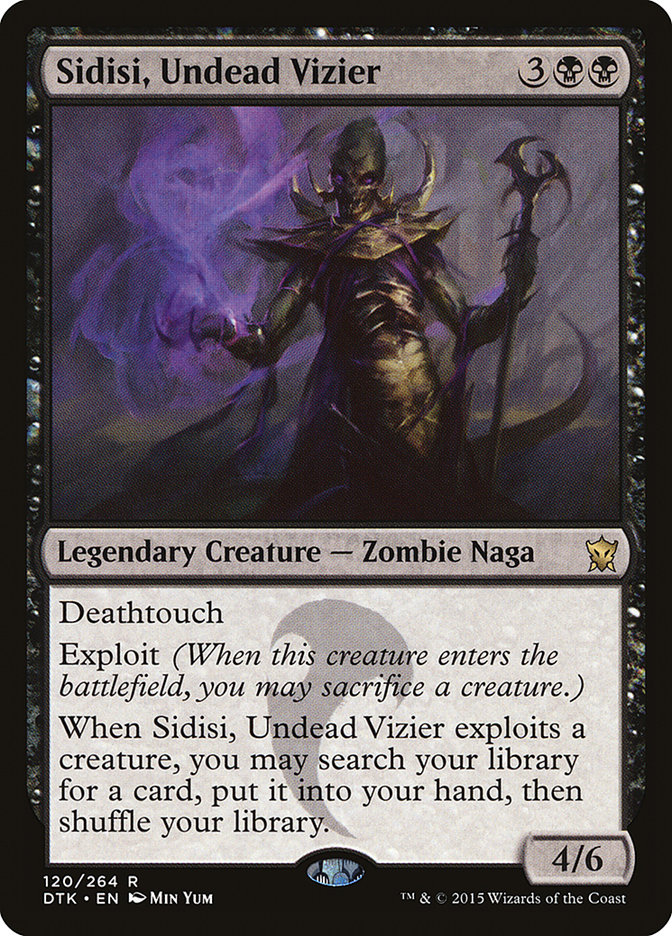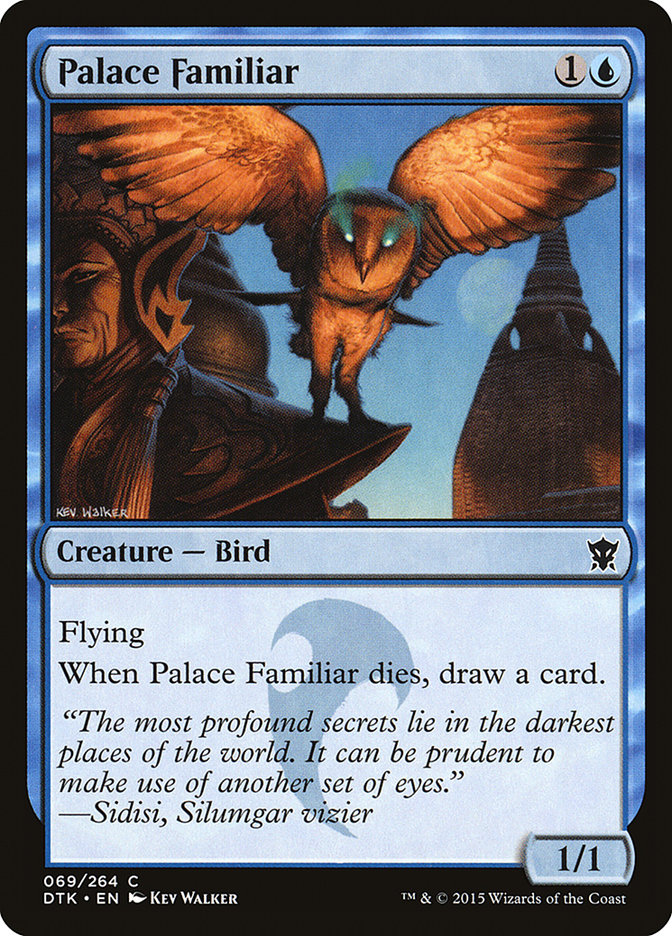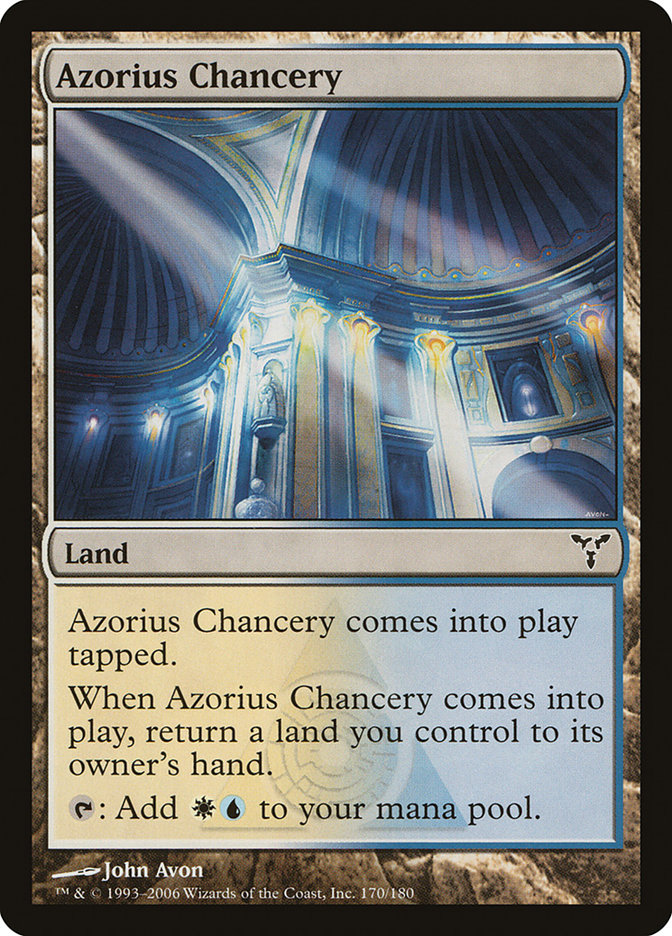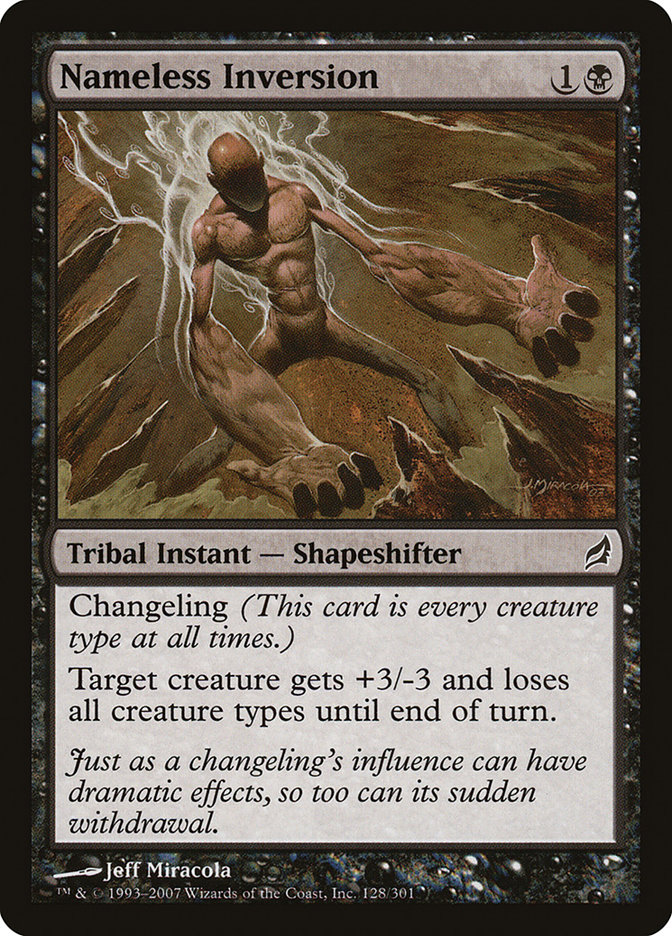Welcome dear reader to Ask A Judge, where three of the world’s top judges will answer your questions about rules, tournaments, and/or policy.
Before we begin, a few introductions:
 |
Jason “Flatts” Flatford began his judging career almost six years ago. Since then he has judged at three Pro Tours, several dozen Grand Prix, and has head judged several Open Series events. As a coordinator of the Organized Play department and a Level 3 Judge, he has dedicated his career to improving the player experience at events. |
 |
Paul “Bearz” Baranay is a Level 3 Judge from New York City. He is the author of the blog Bearz Repeating, where he shares a variety of big-picture ideas and fun stories about judging. His passions include creating great experiences for Magic players, mentoring other judges, and green vanilla 2/2s. |
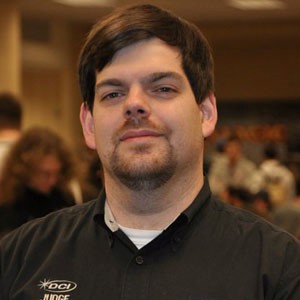 |
Bryan Prillaman, or “BPrill”, is a Level 3 Judge from Orlando. He has been a judge for five years and is a lifelong fan of all casual formats. While not as prolific as Jason Flatford, he is one of the hosts of Judgecast, a long-running podcast for the discerning Magic judge and self-proclaimed rules nerd. |
Tournament-Related Questions
Eternal Weekend is coming up. So, I’m curious how you’d suggest going about calling a judge due to people playing with obvious fake cards.
Flatts – This is a tough one. Fake cards are often so good that they are very difficult to spot while playing against them, mostly because you are focused on the game rather on the condition of your opponent’s cards. Your best recourse is to call a judge and tell them away from the table that you believe that some of your opponent’s cards are fake. Eternal Weekend will be full of Legacy and Vintage decks. My suggestion is to talk to the Tournament Organizer and ask them what they would like you to do whenever you spot potentially-fake cards. They may have established security measures in place.
What is the most rules friendly/strategic way to put nothing into play with Show and Tell?
Flatts – Any agreed-upon method of selecting a card (or lack thereof) is acceptable. My suggestion (suggested to me by Level 4 Judge Jared Sylva) is for both players to write down on a sheet of paper which card they are selecting and then revealing that selection to the other player. This gets around any sleight of hand shenanigans or dexterity errors during the reveal.
Turns out we made a mistake. Rule 101.4b states that a player knows the choices made by the previous players when he or she makes his or her choice except that cards may remain face down. So it is not possible to choose no card without your opponent knowing that you have chosen no card. Sorry about the mix-up. Thanks for the community for pointing that out!
Rules Questions
How does Dredge impact drawing extra cards when your opponent has a Spirit of the Labyrinth?
Bearz – Spirit of the Labyrinth completely prevents you from drawing more than one card a turn, whereas Dredge has a replacement effect that turns your card draw into something else. This means that Spirit of the Labyrinth “wins” – if you’ve already drawn a card this turn, you can’t Dredge anymore. However, a wise Dredge player can find a way around this! Spirit of the Labyrinth only counts cards that you’ve actually drawn. If you replace your first card draw with Dredging, you never really draw a card. So the next time you would draw a card, you can either draw it normally, or Dredge again. As long as you never actually draw a card, you can Dredge as much as you like, even under the Spirit’s watchful eye.
When you cast a Commander using Dash mechanic, can you return it to the Command Zone without a future casting cost penalty?
Bearz – Nice idea, but no. The “Commander Tax” looks at how many times you’ve cast your commander from the command zone this game, and casting a commander with Dash is definitely still casting it!
What happens if my friend Commandeers my Reality Strobe?
BPrill – When Commandeer resolves, your friend stops being your friend. But while it’s resolving, your friend gets to choose new targets for Reality Strobe. As Strobe resolves, it gets suspended in exile. Now is where things get interesting. In exile, things don’t have controllers; only owners. So the owner of the card will be the one removing the time counters and the one who gets to cast it when the last counter comes off.
Abe casts Sidisi, Undead Vizier, and uses the Exploit Trigger to sacrifice a Palace Familiar. Does Abe draw then tutor, or tutor and then draw?
Flatts – Since both abilities trigger at the same time, the controller of the triggered abilities will need to choose the order of these abilities on the stack. Abe will be able to tutor first or draw first, whichever he chooses.
Ned controls a Spellskite. Abe activates his Batterskull to equip it to his Bear Cub. Can Ned activate Spellskite’s ability to change the target to his Spellskite?
Bearz – Ned can activate Spellskite’s ability, but it won’t do anything. Equip means “Attach this permanent to target creature you control. Activate this ability only any time you could cast a sorcery.” Spellskite isn’t a creature under Abe’s control, so it isn’t a legal target for Batterskull’s equip ability. Spellskite will only change the target of a spell or ability if Spellskite would be a legal target, so you can’t use Spellskite to steal your opponent’s Equipment. Try Dack Fayden – the greatest thief in the Multiverse! – instead.
On turn one, I play an Azorius Chancery with no other lands in play. Do I have to bounce the Chancery?
Bearz – Yes. The Chancery’s ability triggers when it enters the battlefield, and it’s certainly a land under your control, so you must choose to return the Chancery to your hand. Don’t play a bounceland on turn one!
If my Thief of Hope dies, can I get back my Nameless Inversion on the Graveyard with Soulshift?
Bearz – Yep! Soulshift lets you target a Spirit card, not just a Spirit creature card. And while usually only creatures are Spirits, the Tribal card type lets other cards share in the fun. Nameless Inversion is an instant, but it’s also a Tribal card with the Changeling ability, which means that it’s every creature type – including Spirit. Since the Changeling ability works in all zones, including the graveyard, it’s eligible to be soulshifted. Nice synergy!
Abe controls a face-down Rattleclaw Mystic, and casts a Surrak, the Hunt Caller. Abe also has a Flamewake Phoenix in his graveyard. How does he need to stack his triggers during combat so that he can give Surrak haste?
BPrill – HAH! Tricked you! There is no way to stack the triggers. At the beginning of combat, both the Phoenix and Surraks triggers are going to try to go on the stack, and you do get to order them, but they both go on the stack before one of them can try to resolve. However, Surraks trigger has special wording called an “intervening-if clause.” In this case, the trigger won’t even go on the stack unless you have eight power worth of creatures.
Abe controls six forests and manifested a Genesis Hydra with Whisperwood Elemental. How much can he pay to turn the Genesis Hydra face up?
Bearz – Only {G}{G}, I’m afraid – and doing that would mean GG for your Genesis Hydra, since upon turning face up, it would become a 0/0 and die. This is because you’re only allowed to choose a value for the X in Genesis Hydra’s mana cost when you’re casting it a spell – anywhere else, X is treated as zero. This includes when the Hydra is face-down on the battlefield and you’re peeking at its front side to check its mana cost. So don’t turn it face up!
Abe controls multiple face-down creatures. Ned targets one with Bile Blight. How many creatures die?
Flatts – When a permanent is turned face-down, it becomes a 2/2 face-down creature with no text, no name, no subtypes, and no mana cost. Since the permanent has no name, it cannot share a name with another permanent. In this case, only one face-down creature dies.
I control a Leonin Arbiter. My opponent pays the two mana to crack a fetchland. Can I respond by casting Restoration Angel, to make him pay another two?
Flatts – OMG Yes! In order to ignore your Leonin Arbiter’s effect, your opponent will have to pay two mana at some point when they have priority. By responding to the fetchland’s ability after the opponent has paid the two mana, you can flicker your Leonin Arbiter causing a new ability to be created which the opponent will need to pay for in order to search their library!
Nancy has Dragonlord Kologhan out and Abby has Hooting Mandrills in her graveyard. She is at ten life. She wants to cast and resolve a new Hooting Mandrills, but she also doesn’t want to die. Can she do it?
BPrill – Yes, she can. There are many steps to casting a spell. All of them need to be completed before a spell is considered ‘cast.’ In the case of Hooting Mandrills, Delving away cards is part of paying the cost of the spell, which happens before the spell is considered cast. This means that when the spell is cast, there isn’t another Hooting Mandrills in the graveyard and Kologhan is a sad Dragonlord.
Policy Questions
What is ‘Failure to Maintain Game State,’ and why do I receive it whenever my opponent makes a mistake?
Flatts – Both players are responsible for maintaining the game state. Players are at least partially at fault if they do not call attention to an error that their opponent has made. Failure to Maintain Game State is often awarded if a player fails to notice their opponent’s mistake immediately. This penalty is almost never upgraded to a game loss since judges want players to call out mistakes. If this penalty was upgradeable, players would be reluctant to point out mistakes since they may receive a stiff penalty.
I was fortunate enough to win a Grand Prix Trial, so I have a couple of byes. I do want to play in some trials on Friday so I can get the side event playmat, but I don’t want to deny someone else the byes if I make it to the finals. How do you recommend discussing a prize split in that case?
Bearz – Players are allowed to split prizes as they wish, and they are also allowed to concede or intentionally draw. What the tournament rules don’t allow is tying these two things together.
One big reason for this is to preserve the integrity of the tournament. If two people make a deal with each other, they are gaining an advantage that negatively impacts everyone else in the event.
In the finals of an event, however, the only people remaining the tournament are you and your opponent. Once you reach that point, you can say pretty much whatever you want about the remaining prizes, including things like, “Do you want to exchange some of your boxes/prize tickets for the byes?” that would normally get you disqualified faster than you can say “Quicken.”
The major thing you can’t do, even in the finals, is add external incentives to the prize pool. So saying “I’ll give you $10 if you let me have all the packs” is still a one-way ticket to Dairy Queen (not the ice cream kind).
And that’s it for this week. If you would like to have one of your questions answered in a future article, send it in to us at flatts.scg@gmail.com or tweet it to us at @flatts9000.
PS: If you’re a judge, please let us know what questions you normally get from players at your local events. Also, let us know the type of things you want players or other judges to be aware of that they typically aren’t. We’ll talk about it here!

